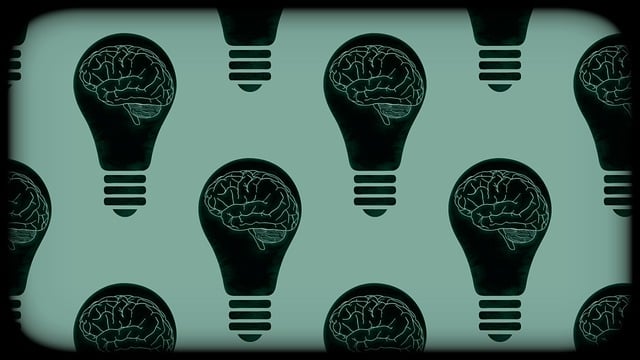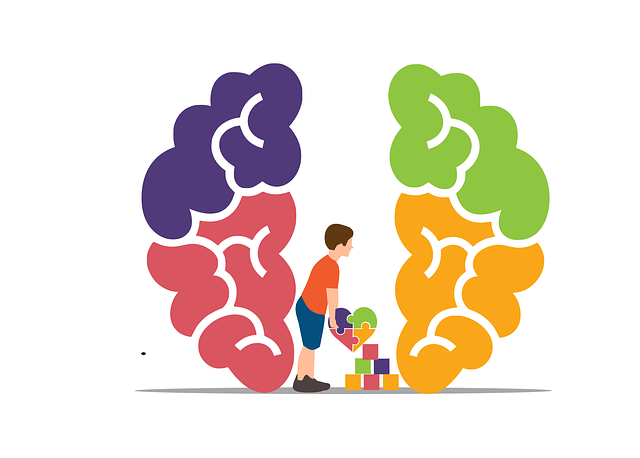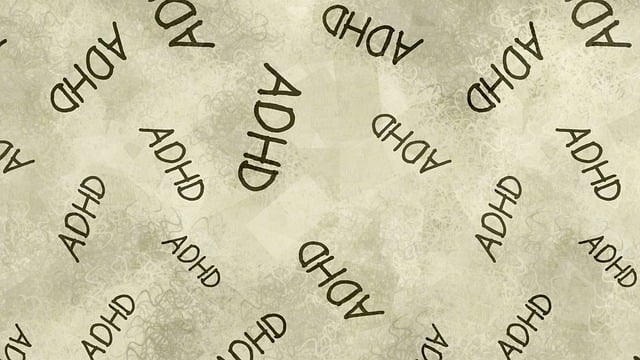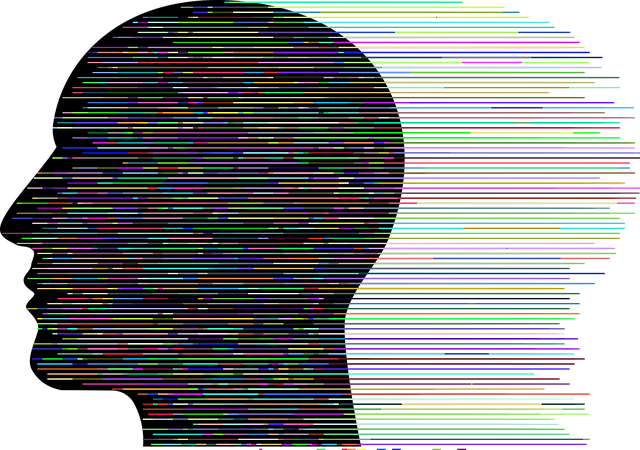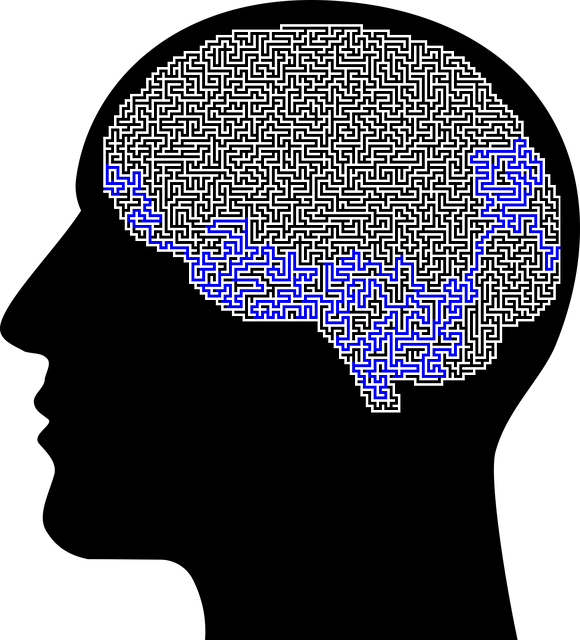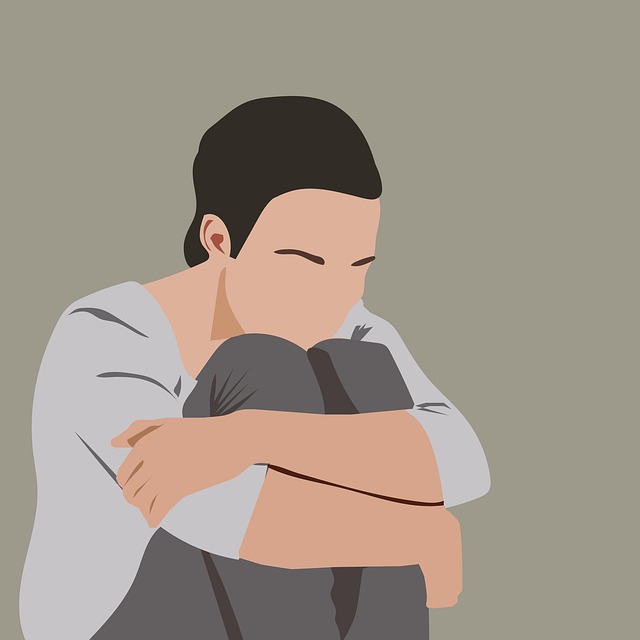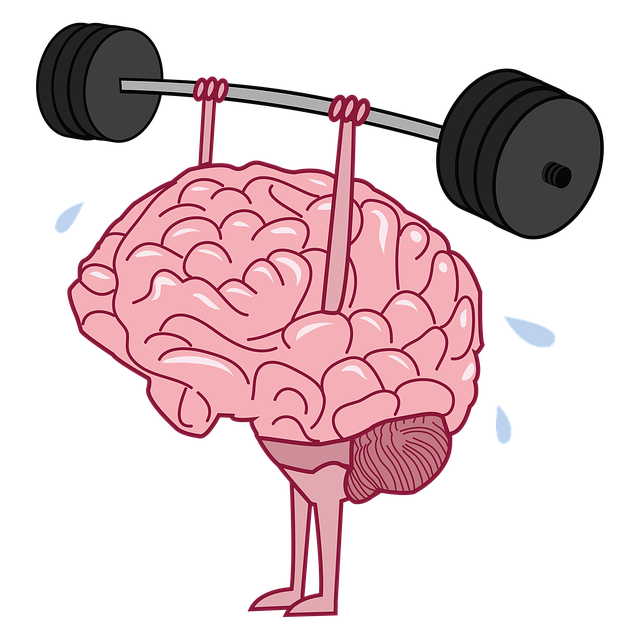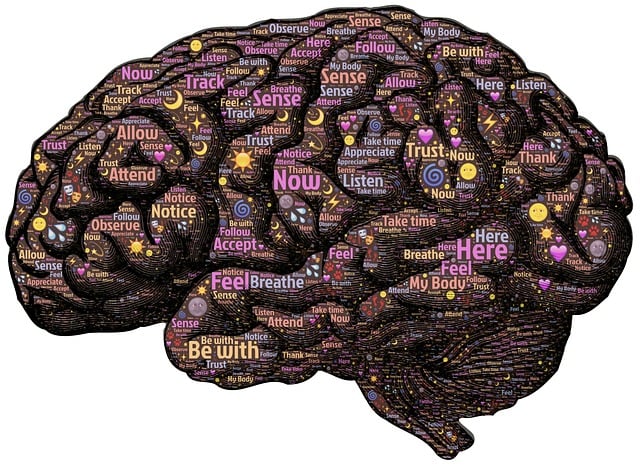Navigating mental health challenges like Northglenn Panic Disorder and Anxiety Attacks requires understanding specific diagnoses and employing tailored treatments, including cognitive-behavioral therapy (CBT), mindfulness techniques, and medication management. Mental wellness journaling, podcasts, and community support groups enhance self-awareness and recovery. Northglenn offers specialized therapy centers and peer support networks to effectively manage symptoms, emphasizing cultural sensitivity and burnout prevention for healthcare providers. This comprehensive approach, focusing on Northglenn Panic Disorder and Anxiety Attacks Therapy, leads to improved quality of life and reduced stigma.
In the journey towards mental well-being, understanding and navigating diagnosis is a pivotal step. This article offers a comprehensive guide to demystifying mental illness, focusing on panic disorder and anxiety attacks—common yet treatable conditions. We explore the path to effective therapy in Northglenn, highlighting strategies for managing these disorders. From recognizing symptoms to building supportive networks, this resource empowers individuals to take charge of their mental health. Discover success stories and gain insights into available treatments, specifically tailored to Northglenn residents facing panic disorder and anxiety attacks.
- Understanding Mental Illness Diagnoses: A Comprehensive Overview
- Navigating the Path to Effective Therapy for Panic Disorder
- Anxiety Attacks: Symptoms, Causes, and Treatment Options
- Building a Supportive Network in Northglenn for Better Mental Health
- Case Study: Success Stories of Panic Disorder and Anxiety Attack Management
Understanding Mental Illness Diagnoses: A Comprehensive Overview

Understanding mental illness diagnoses is a crucial step in navigating treatment effectively. Mental health conditions encompass a wide range of disorders, each with its unique set of symptoms and characteristics. For instance, Northglenn panic disorder and anxiety attacks therapy focuses on addressing specific challenges faced by individuals suffering from these conditions. Panic disorder involves recurrent and unexpected panic attacks, while anxiety attacks are intense periods of fear or distress.
Therapy for such disorders often includes a combination of evidence-based practices, like cognitive-behavioral therapy (CBT), mindfulness techniques, and medication management. Mental wellness journaling exercise guidance can be a valuable tool to track progress, process emotions, and enhance self-awareness during the healing journey. By understanding their specific diagnoses, individuals can actively participate in their care, set realistic goals, and work collaboratively with healthcare providers to develop tailored treatment plans aimed at improving mental illness stigma reduction efforts and overall well-being. Additionally, burnout prevention strategies for healthcare providers are essential to ensure they remain effective in supporting patients’ long-term recovery.
Navigating the Path to Effective Therapy for Panic Disorder

Navigating the path to effective therapy for Panic Disorder can be challenging, but with the right support, individuals in Northglenn can find relief and improve their quality of life. The first step often involves recognizing the symptoms and seeking professional help from a qualified healthcare provider. Panic disorder is characterized by recurrent and unexpected panic attacks, intense periods of fear or discomfort that peak within minutes. Symptoms may include rapid heartbeat, sweating, trembling, shortness of breath, and a feeling of impending doom.
Effective therapy typically combines evidence-based practices like cognitive behavioral therapy (CBT) to challenge negative thoughts and behaviors contributing to the disorder. Incorporating positive thinking techniques can empower individuals to manage anxiety symptoms. Cultural sensitivity in mental healthcare practice is crucial, as it ensures understanding and respect for diverse backgrounds, beliefs, and experiences. Healthcare provider cultural competency training equips professionals with the skills to create inclusive and effective treatment plans tailored to each patient’s unique needs, fostering a safe and supportive environment for recovery from Northglenn Panic Disorder and Anxiety Attacks.
Anxiety Attacks: Symptoms, Causes, and Treatment Options

Anxiety attacks, characterized by intense feelings of fear or discomfort, can be a symptom of various mental health conditions, with one notable example being Panic Disorder. These episodes can strike suddenly and are often marked by physical symptoms like increased heart rate, sweating, trembling, and difficulty breathing. Individuals experiencing anxiety attacks may also feel a sense of impending doom or loss of control, which can significantly impact their daily lives.
Several factors contribute to the development of panic disorder and anxiety attacks, including genetic predisposition, brain chemistry imbalances, traumatic life events, and environmental stressors. Effective treatment options for Northglenn Panic Disorder and Anxiety Attacks Therapy involve a combination of cognitive-behavioral therapy (CBT), medication management, and stress management techniques. CBT helps individuals identify and change negative thought patterns while teaching them coping strategies to manage anxiety symptoms. Medications such as selective serotonin reuptake inhibitors (SSRIs) or benzodiazepines may be prescribed to reduce the frequency and intensity of attacks. Additionally, mental wellness podcast series production can offer accessible resources for learning about stress management and mental health coping mechanisms. For mental health professionals, risk management planning is crucial to ensure they provide safe and effective care, especially when treating clients with anxiety disorders.
Building a Supportive Network in Northglenn for Better Mental Health

In Northglenn, building a supportive network is crucial for individuals navigating mental health challenges, especially those dealing with panic disorder and anxiety attacks. The community offers a range of resources tailored to support emotional regulation and resilience building. Local therapy centers provide specialized treatment for anxiety-related conditions, focusing on evidence-based practices to help residents manage their symptoms effectively. Support groups facilitated by mental health professionals offer a safe space for sharing experiences and gaining insights from peers facing similar struggles, fostering a sense of belonging and understanding.
Additionally, Northglenn’s vibrant community organizations promote stress management through mindfulness workshops, yoga classes, and other wellness initiatives. These activities not only provide tools for coping with anxiety but also encourage social connections that are vital for maintaining mental well-being. By leveraging these local resources, individuals in Northglenn can build strong support systems, enhance their emotional resilience, and take significant steps towards managing panic disorder and anxiety attacks more effectively.
Case Study: Success Stories of Panic Disorder and Anxiety Attack Management

In Northglenn, many individuals have found success and relief from panic disorder and anxiety attacks through specialized therapy. One such story involves Sarah, who struggled with debilitating anxiety that significantly impacted her daily life. With the help of a trained mental health professional, she embarked on a journey of self-discovery and healing. The therapy focused on cognitive-behavioral techniques to challenge negative thought patterns and gradually expose her to triggers, teaching her effective coping strategies. This personalized approach enabled Sarah to manage her symptoms and regain control over her life.
Through regular sessions, Sarah learned valuable self-care routines and developed a toolkit for managing anxiety episodes. Additionally, her healthcare provider’s cultural competency training played a crucial role in creating a safe and non-judgmental environment, fostering open communication. Over time, Sarah’s panic attacks became less frequent and intense, allowing her to participate fully in activities she once avoided. This transformation highlights the effectiveness of tailored therapy for anxiety disorders, offering hope and improved quality of life for those seeking relief from Northglenn Panic Disorder and Anxiety Attacks Therapy.
Mental illness diagnosis and treatment can be a complex journey, especially for those dealing with panic disorder and anxiety attacks in Northglenn. However, understanding these conditions and accessing effective therapy are pivotal steps towards recovery. The articles within this resource provide an extensive guide, from recognizing symptoms to building supportive networks, offering hope and practical advice. For individuals facing similar challenges, knowing there are successful treatment options available for Northglenn panic disorder and anxiety attacks is a powerful tool for navigating their mental health journey.


